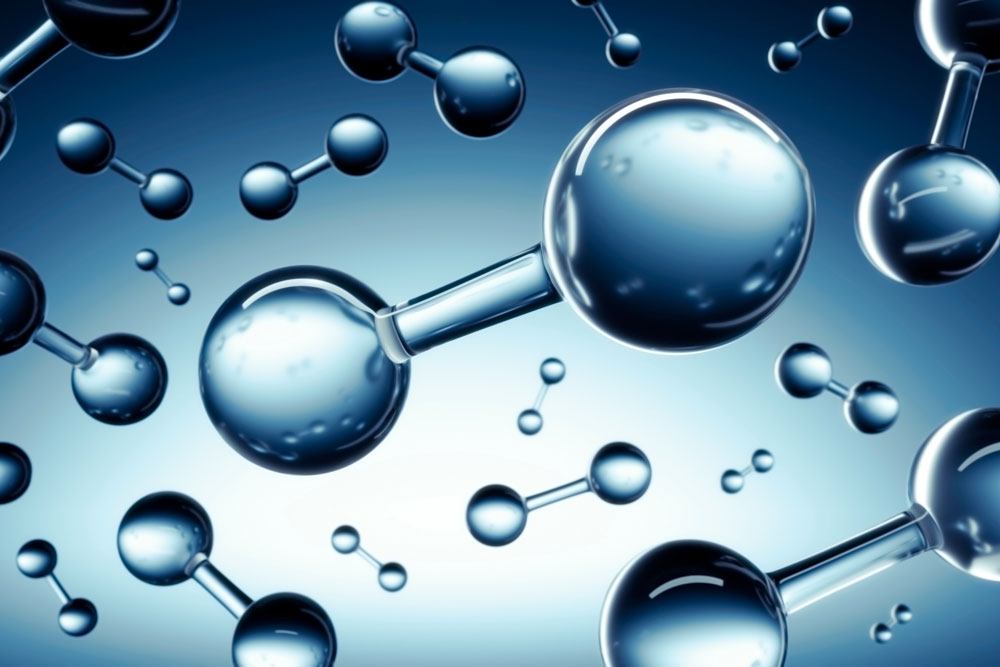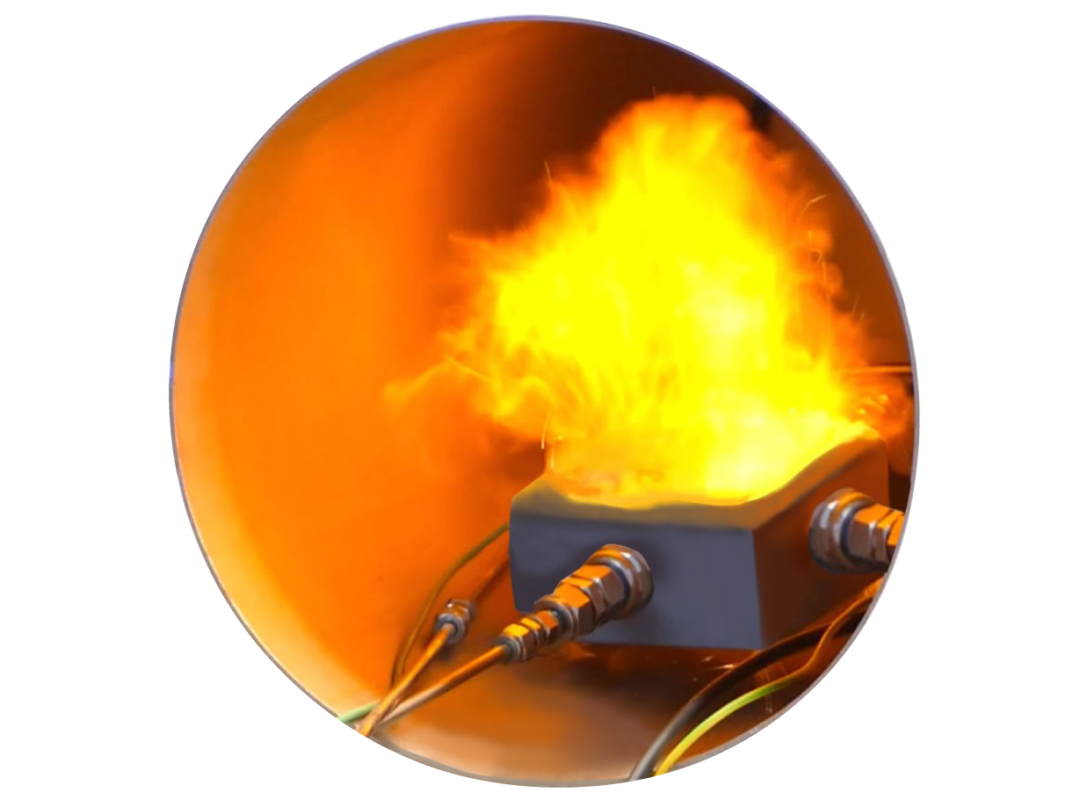
Testing
Hydrogen:
Specific Tests
In practice, special test requirements are often placed on the safeguarding of components.
On the one hand, specially isolated tests or a combination of several interlocked test methods can be used for this purpose.
Individual Tests, Such as:
-
Testing on Hydrogen Components and Complete Tank Systems
- Hydrogen Resistance (Other Gases Possible)
- Commissioning
- Functional Tests
- Real Gas Tests
- And Much More
-
Safetytests
- Fire Tests
- Overpressure and Burst Test
- Drop Tests
- Pressure Cycles at Extreme Temperatures
- And Much More
Test Methods, Such as:
-
Superposition (of Several Physical Quantities)
- Temperature Cycles with Superimposed Pressure Cycles
- Temperature Cycles with Vibration Tests
- Temperature Cycles with Vibration Tests and Pressure Cycles
- And Much More
Examples
Hydrogen Compatibility Neodym-
Magnet (NdFeB)
Test Object: Neodymium Magnet (NdFeB)
Magnetization: N45
Storage Time: 48 Hours
Hydrogen Concentration: 100%

Hydrogen Deflagration
Although hydrogen usually disperses quickly, a flammable mixture of air and hydrogen can form due to spatial conditions. In the presence of a hot surface or a spark, deflagration can occur. The combustion speed and pressure wave of a deflagration are lower than those of an explosion; however, they still pose a significant risk to humans and materials.
